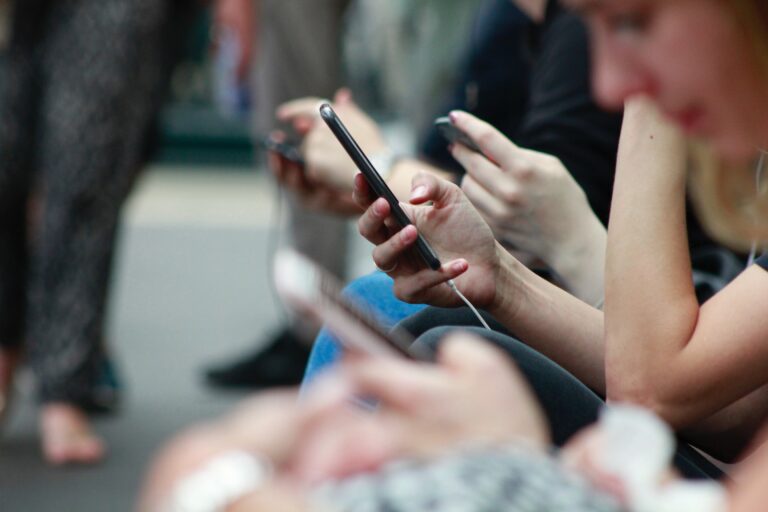It is no secret that reading and watching the news is exhausting. The world constantly feels like it is falling apart, and we are carrying the weight of a heavy year with us into 2023. We want to be educated and aware of world events as well as current social issues, but it takes so much energy.
The Anxiety and Depression Association of America describes the way that “we try to feel more in control of our lives by seeking certainty during an uncertain time,” which “actually makes our anxiety worse.” They go on to describe the way that an unhealthy relationship with news media can be detrimental.
This balance has become especially difficult in the current age of connectivity. Communication exists instantaneously, making it nearly impossible to escape the constant alerts of things happening worldwide. This is a blessing and a curse in more ways than one.
I believe that we have seen the positives of news accessibility through Western interference with Iran executions in the past years. With the number of eyes watching Iran through this injustice, there has been more accountability. This has not eradicated the issue but still has made an impact. There is a reason that the Iranian government attempted to black out communication and news, making it to outside nations. News has power. And so do the voices of informed citizens.
But how do we balance the desire to be well-informed and our personal well-being?
Going into the new year, here are some common recommendations that may help.
First and perhaps most obvious: limit your time on news sources. Only allow yourself to read or watch news sources for a set amount of time a day. This helps prevent the rabbit hole of news constantly being bombarded on us. Maybe include a decompression activity afterward – anything that helps reduce stress. Whether it be reading for pleasure, watching a favorite TV show or spending time unplugged with loved ones.
Likewise, avoid having sources sent to a device via alerts. If you have a digital news subscription, have a designated time when you scroll and read updates instead of reading as alerts come through. This helps fight against the constant anxiety of frequent notifications. This is another reason why print news sources are a blessing. You read the news when the paper comes out and then set it aside. Keeping the habit of a set time to watch or read the news helps the digital form feel less overwhelming.
Next, stop watching or reading the news over a meal. Food has this wonderful ability to create a space of community and provide a sense of rest. Yet the minute the news is on, that effect is dampened significantly. Turning on the evening news as you cook or sit around the dinner table can become a habit. It can be mindless as we scroll through the day’s events as we eat. Instead, allow mealtimes to be a time of rejuvenation and connection.
Finally, try subscribing to a positive news outlet. For the most part, positive headlines don’t sell nearly as well as negative ones do. Naturally, this makes most news sources full of stories of tragedy and tension. However, this has led to an abundance of accessible news sources that were designed to report daily positive happenings from around the world. For example, Good News Network, Reasons to be Cheerful, and Good Good Good all limit their reports to uplifting stories from around the world. This could be beneficial in balancing the negativity that can feel overwhelming in other news sources.
None of this is discrediting the need for news. It is important to be up-to-date and well-informed, but that means nothing if our minds can’t see past the negativity that can feel overwhelming.
So, as we enter into the new year, intentionality is critical. Work to be well-educated in global events, but make sure you care for your well-being as you do. News has power. But the power is only there when educated citizens have the hope to do something with their voices.




